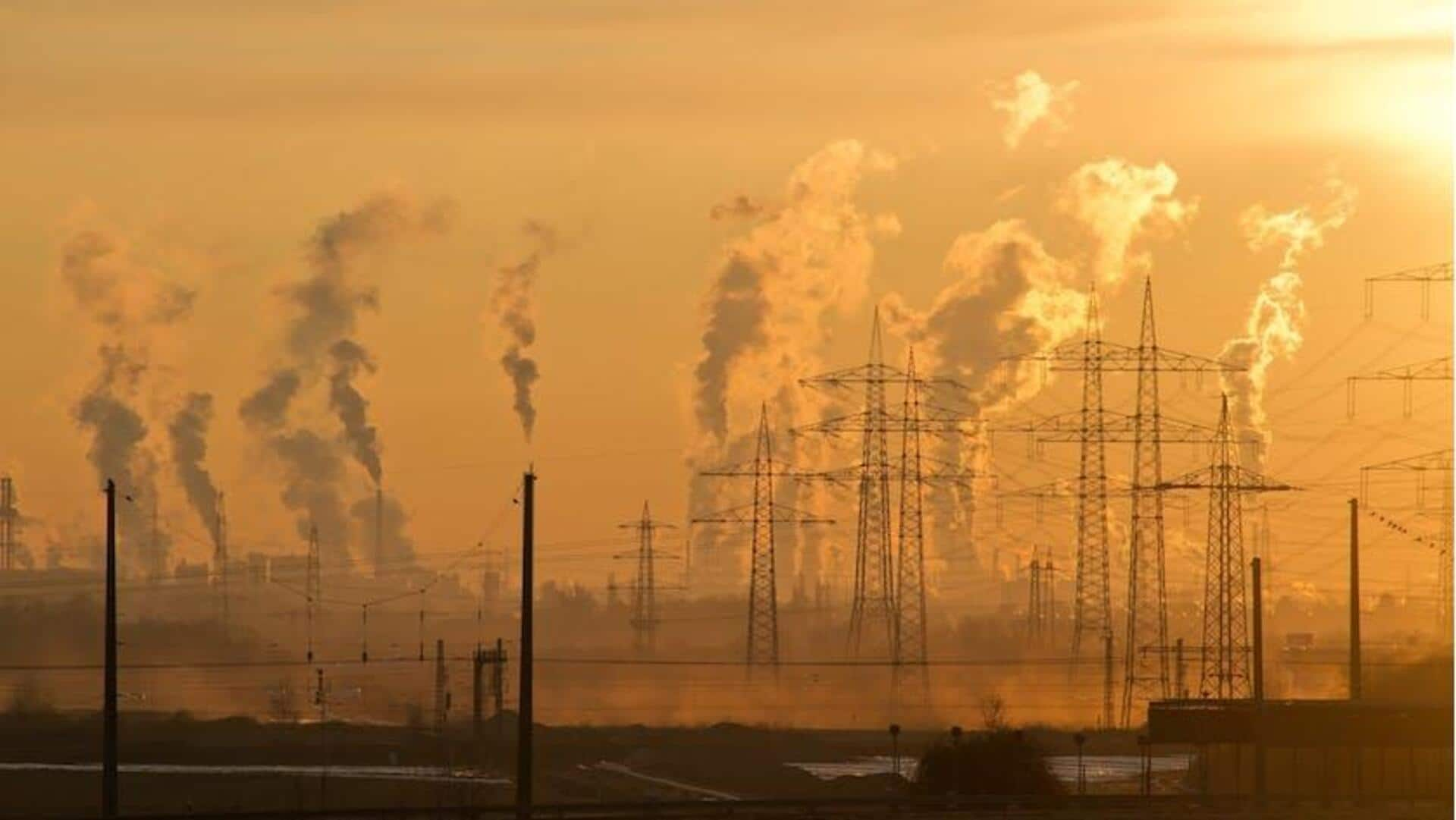
COP28: First-ever deal reached to reduce fossil fuel consumption
What's the story
In a first, the representatives of nearly 200 countries agreed to begin reducing the use of fossil fuels to avert accelerating climate change at the 28th United Nations Climate Change Conference or COP28 on Wednesday. The deal, which scientists say is the last best hope to prevent climate catastrophe, was reached after two weeks of hard-fought negotiations at the ongoing event in Dubai.
Context
Why does this story matter?
The unprecedented deal heralds the eventual end of the era of fossil fuels. The deal binds countries to deliver on the agreements with dedicated policies and investments. However, critics are reportedly worried about the agreement's purported loopholes. The Conference of the Parties (COP) is the United Nations' (UN) highest decision-making body under the international environmental treaty established to combat climate change.
Statement
Addressed the elephant in the room: Norway's foreign minister
Announcing the approval of the central document, COP28 President Sultan al-Jaber said the plan is led by science and is a historic package to accelerate climate action. Celebrating the agreement, Norway's Foreign Affairs Minister, Espen Barth Eide, said, "It is the first time that the world unites around such a clear text on the need to transition away from fossil fuels."
Details
Deal calls for net zero emissions by 2050
The deal calls for transitioning away from fossil fuels in an equitable manner to achieve net zero carbon emissions by 2050. The deal also advocates for tripling the world's renewable energy capacity by 2030 and ramping up technologies such as carbon capture and storage for industries such as steel, cement, and petrochemicals that are hard to decarbonize, called hard-to-abate.
Negotiations
Talks went into overtime as OPEC opposed deal
Over 100 countries pushed for stronger language in the COP28 agreement to phase out fossil fuels. However, they faced opposition from the Saudi Arabia-led Organization of Petroleum Exporting Countries (OPEC), which argued that global emissions can be curbed without shunning specific fuels. The event was pushed into overtime as countries were engaged in a tug-of-war over the wording of the agreement.